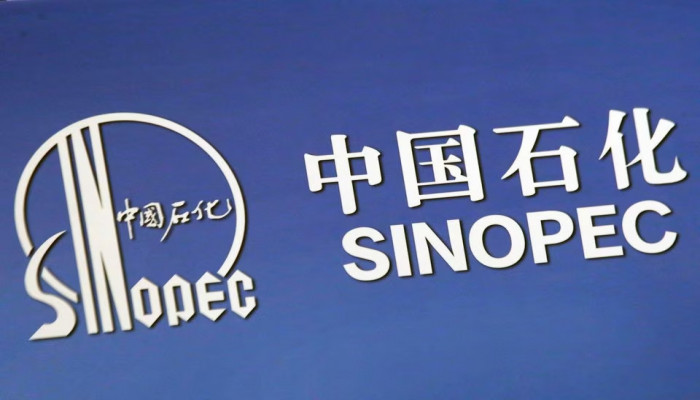Chinese firm Sinopec signs agreement to enter Sri Lanka’s retail fuel market
- In Reports
- 11:58 AM, May 23, 2023
- Myind Staff
Chinese petroleum giant Sinopec signed an agreement with Sri Lanka on Monday to enter the South Asian island country's retail fuel market as the crisis-hit country attempts to reduce pressure on its meagre dollar reserves.
Following months of fuel shortages brought on by a currency crisis that stopped imports last year, Sinopec from China will now be the first newcomer to the Sri Lankan market in 20 years.
The contract agreement would enable Sinopec to import, store, distribute, and sell petroleum products in Sri Lanka, which has had a fuel shortage for more than a year. As per the new agreement, the Chinese company will receive a 20-year concession to run 150 petrol stations and will also be permitted to make investments in 50 more fuel stations. According to a statement from the president's office, Sinopec can begin operations 45 days after receiving its license.
President Ranil Wickremesinghe’s office said he witnessed the signing of the agreement with Sinopec, adding that it “marks a crucial step in ensuring a steady and uninterrupted fuel supply for the nation".
With reserves at $2.7 billion as of the end of April, Sri Lanka is experiencing its worst financial crisis since gaining independence from the British in 1948.
Shortages of fuel and other essentials such as food and medicines led to months of protests that culminated with the toppling of former president Gotabaya Rajapaksa last year.
In an effort to alleviate the problem, Sri Lanka invited foreign petroleum corporations to buy fuel on its retail market and asked them to pay with their own money rather than relying on local banks for foreign exchange. The government has given approval to two other foreign companies — Australia’s United Petroleum and U.S. company RM Parks in collaboration with Shell — to enter its fuel market.
The decision sought to end a 20-year duopoly enjoyed by CPC and the Indian Oil Corporation -- the first foreign operator allowed into the market since Sri Lanka nationalized petroleum companies 60 years ago.
India is concerned over the growing influence of China in Sri Lanka, which sits along one of the world's busiest shipping routes.
Image source: Reuters







Comments